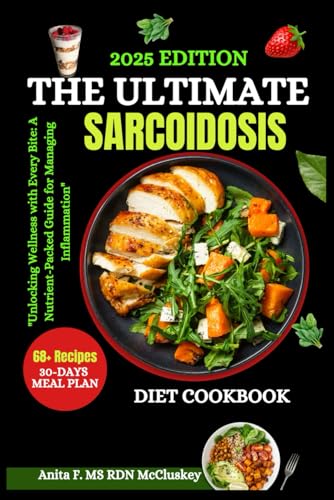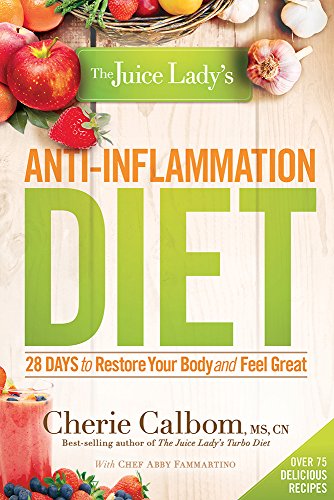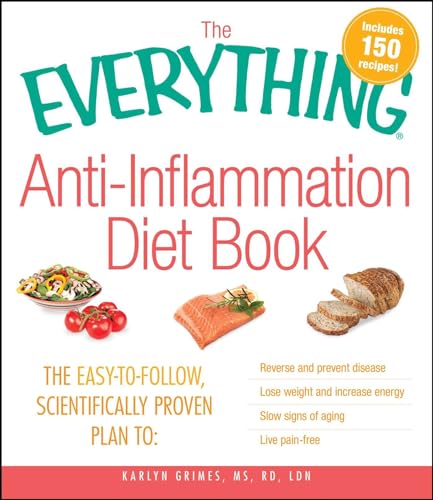As chronic illness are affecting more and more people each year, it is becoming clear that inflammation plays a large role in the prevalence of serious illnesses. [15]
Although on the surface inflammation is merely the swelling and redness of skin, it is actually a complex healing mechanism that is essential to good health. Despite this, when inflammation occurs unnecessarily it can cause damage to the body and even trigger illnesses.
Prolonged stress, genetic predisposition, lack of exercise, exposure to toxins and diet are all contributing factors for chronic inflammation.
Dietary choices can have a profound impact on inflammation in the body, and consequently on your wellbeing. The anti-inflammation diet isn’t a diet in the classic sense, and although you may lose weight by following it, the main premise is for a lifestyle change that is beneficial to overall health.
The anti-inflammatory diet is based quite heavily on the ancient Mediterranean diet and focuses on eating plenty of fish, an abundance of fruit and vegetables, and cutting out red meats and processed foods.
Foods to eat
- Oily fish: salmon, tuna, sardines, halibut, bass and mackerel all contain large quantities of omega-3 fatty acids, which reduce inflammation. [16]
- Whole grains: brown rice, bread and pasta contain more fibre than their white counterparts, which have been shown to reduce C-reactive protein levels, an inflammation marker in the blood. [16]
- Cruciferous vegetables: cauliflower, cabbage, garden cress, bok choy, broccoli, Brussels sprouts and similar green leafy vegetables all contain large amounts of vitamin E, which plays a pivotal role in protecting the body from cytokines, a pro-inflammatory substance.
- Nuts and seeds: Almonds, pecans, walnuts, brazil nuts, cashews, flax seeds, chia seeds, hemp seeds, sunflower seeds and sesame seeds contain inflammation fighting omega-3 fatty acids, are rich in fibre, vitamin E and various other vitamins and dietary elements which are essential for healthy functioning.
- Fruits: strawberries, tomatoes, acai berries, oranges, cherries and blueberries are high in antioxidants which have been shown to have anti-inflammatory effects.










